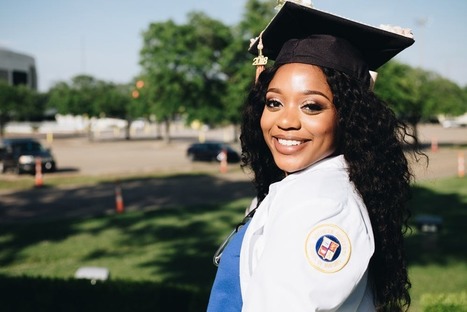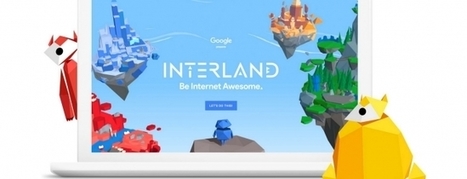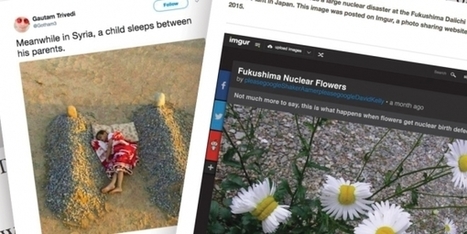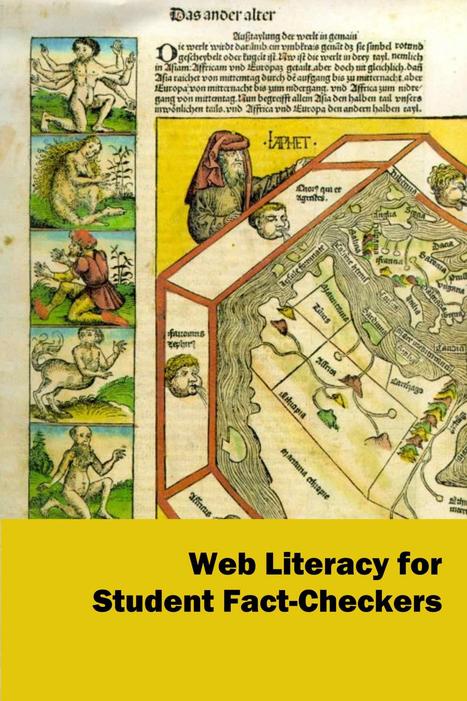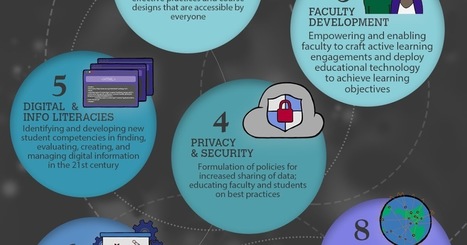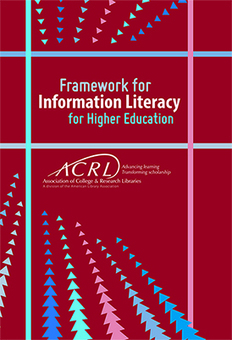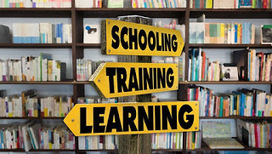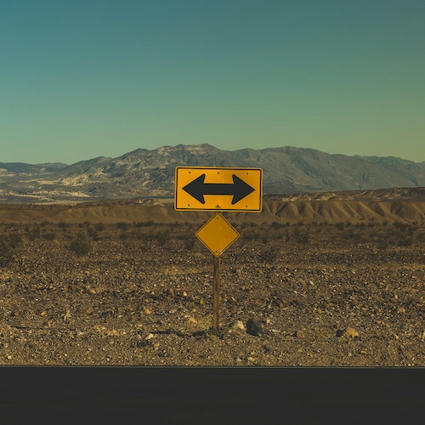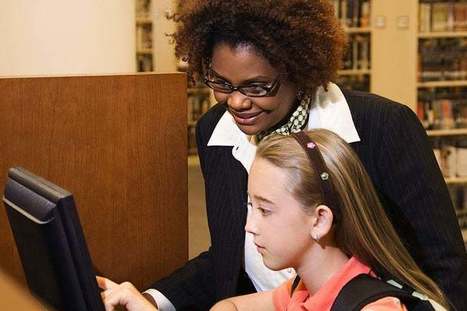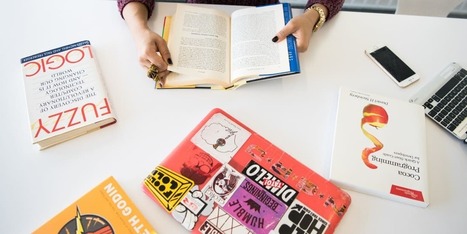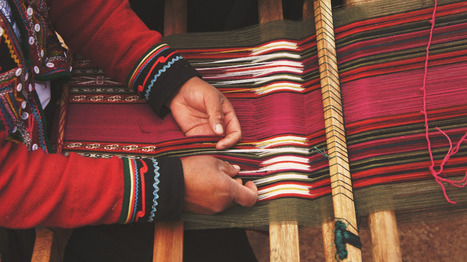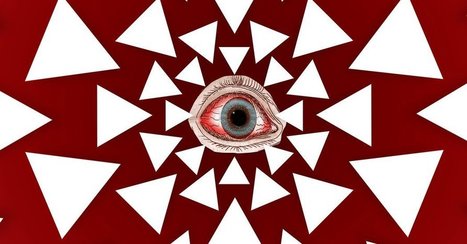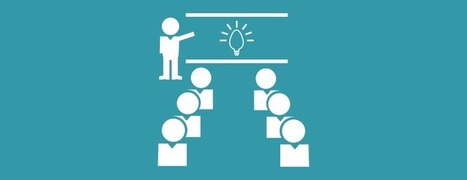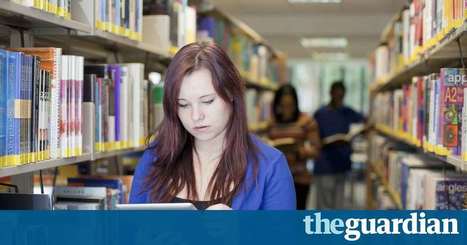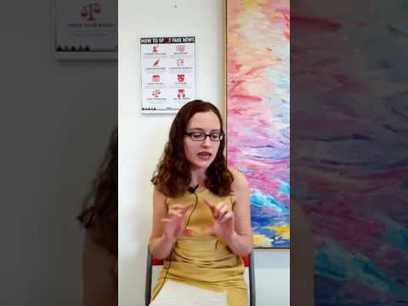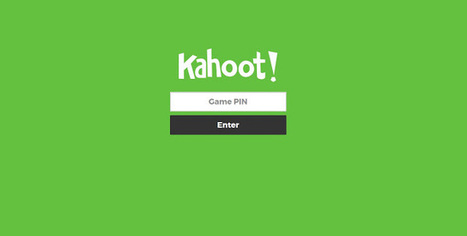 Your new post is loading...
 Your new post is loading...
"Two education leaders at NWEA delve into what it means to be digitally literate and the role that digital resources with an emphasis on digital literacy should play in advancing students’ academic needs in this two-part series ..."
Via Leona Ungerer
"Digital literacy means being literate in digital tech. The idea is that a person using tech or, more specifically, web technologies must be aware of the right way to utilize them. The abundance of resources, tools, and apps makes it easy for anyone to fall prey to the ill effects of the web. Being digitally literate helps one to find and avoid practices that are not ethical."
Via EDTECH@UTRGV, Elizabeth E Charles
Firstly, the Californian association for information literacy, LILi, has set up a page for sharing resources about teaching IL online. "Inspired by CCC COVID-19 Website Google Doc, Lifelong Information Literacy (LILi) created this blog post to collect online instruction information from all libraries in California. Please share in the form or comment below for discussions. The LILi Web Committee will summarize important information and resources in this blog as the situation evolves." This is at https://lili.libguides.com/lion/COVID-19
Via Elizabeth E Charles
Despite being labeled ‘digital natives’, most students today lack the ability to transfer the knowledge and technological skills they have to practical tasks like finding a job. This is why it is important for teachers to teach digital literacy, particularly as it applies to students’ academic and professional lives.
Via Elizabeth E Charles
Talking to children in clear, age-appropriate language about the dangers of the internet can be tricky. Fortunately, Google has a free (and pretty fantastic) toolkit you can use to discuss the fundamentals with your kids. In 2017, Google launched an internet literacy program called Be Internet Awesome. It’s aimed at elementary-to-middle-school-aged children but is also accessible to those a little younger or older than that. Recently, after a slew of feedback from parents and educators, Google updated the program, which makes this an even better time to take a look if you haven’t already.
Via Elizabeth E Charles
Checkology is a website designed to help students learn to be discerning consumers of online, print, and television media. Checkology has a free version and a premium version. This review is only about the free version of Checkology.
Via Elizabeth E Charles
Traditional-age students are digital natives. Professors are trained researchers. Neither of those qualities, though, prevents people from falling for misinformation online. That’s one finding from a memorable study, released as a working paper in 2017, that documented how three groups of “experts” — among them historians and Stanford University undergraduates — evaluated online sources. Members of both groups tended to dig into a site, according to the study, by Sam Wineburg, a professor at Stanford’s Graduate School of Education, and Sarah McGrew, his doctoral student. The students and historians followed many of the tips that students are usually given for conducting online research, like examining a site’s domain name. But the tactics didn’t work.
Via Elizabeth E Charles
The American association concerned with tech in higher education EDUCAUSE has announced its "key issues" for 2018. They were voted on by EDUCAUSE members. Some of them look like perennial issues to me, and some are rather generic (e.g. the first one seems to amount to - things keep changing!), but at least information literacy makes it in there (albeit subordinated to digital literacy). There is an Infographic (reproduced here: copyright EDUCAUSE used under a Creative Commons licence) and some links to EDUCAUSE resources under each heading.
Via Elizabeth E Charles
Factitious - a game where you try and work out if an article is fake news or real.
Via Elizabeth E Charles
The ACRL Framework Advisory Board (FAB) is pleased to announce the launch of the ACRL Framework for Information Literacy Toolkit. The ACRL Framework for Information Literacy Toolkit is intended as a freely available professional development resource that can be used and adapted by both individuals and groups in order to foster understanding and use of the ACRL Framework for Information Literacy for Higher Education. The ACRL Framework Toolkit is available on the ACRL LibGuides site.
Via Elizabeth E Charles
An information literacy framework is the building block of skills that every student needs to become competent in todays world of information overload. It is the set of skills that ensures that every student becomes independent learners and critical thinkers. So why do we not already have one in every school? Is it a lack of understanding of what information literacy is? Is it because we think that Google can answer everything? Is it because we believe that all students can already do this? I truly have no idea, but over the last few years it has become apparent that although students are very competent at using technology their ability to research has not changed from the time that we only had books and if anything it has become worse.
Via Elizabeth E Charles
Computing and digital literacy initiatives aren’t new in the library — planned programs and educational offerings that support digital citizenship exist in nearly every library in the nation. But digital literacy is developed not only via programs and classes; learning is supported by informal interactions between library staff and patrons. It’s important not to overlook instruction that occurs on a one-to-one basis.
Via Elizabeth E Charles
|
As “research it yourself” becomes a rallying cry for promoters of outlandish conspiracy theories with real-world consequences, educators need to think hard about what’s missing from their information literacy efforts.
Via Elizabeth E Charles
As the world careens from one crisis to another—as COVID-19 brings us closed schools and massive unemployment, as horrific videos of police brutality spark more than a week of nationwide protests—one thing has been constant and concerning: We are devouring digital media, seeking out information and scrolling for solace. And, let’s face it, we’re seeking and scrolling in the dark. We’re doing this literally, as we sit up at 2 a.m. in our bedrooms, scrolling and clicking and unable to sleep. And figuratively, clicking through mazes of media messages on social media, pushing through brush to find a trail. Most of us have had no guides to orient us in this streaming and screaming digital world. .
Via Elizabeth E Charles
A common practice at many colleges and universities involves course faculty inviting librarians into their classrooms to teach research and information literacy skills and concepts customized to disciplinary or course needs. Library instruction varies in format but often manifests in the librarian teaching a single, isolated class session—what librarians refer to as a “one-shot.” Many challenges accompany this traditional format, including time-constraints, disengaged audiences, and little understanding on the part of the student as to how the library instruction integrates with course content.
Via Elizabeth E Charles
Being able to critically evaluate information sources is a key digital literacy skill. With assignment time rapidly approaching, it’s important to make sure you know how to evaluate information before you reference it in your work. You can use the memorable CRAAP checklist to get started
Via Elizabeth E Charles
There’s a story going around right now about a “reporter” who was following people shorting Tesla stock and allegedly approaching them for information. I won’t go into the whole Elon vs. the Short Sellers history, you don’t need it. Let’s just say that posing as a reporter can be used for ill in a variety of ways and maybe this was a case of that.
Via Elizabeth E Charles
“ “How do I embed digital literacy into my curriculum?” This is a question we are being asked more and more frequently and as such, I felt it would serve as a good topic for a #5MinuteReflection. In this post I’m going to cover some key things to consider when redesigning your curriculum to include more digital skills. In this post, I refer a lot to the wonderful JISC resource on Digital Capability, if you haven’t already had a look at this resource, I strongly recommend checking it out.
Via Elizabeth E Charles
Zeynep Tufekci writes: "What we are witnessing is the computational exploitation of a natural human desire: to look “behind the curtain,” to dig deeper into something that engages us. As we click and click, we are carried along by the exciting sensation of uncovering more secrets and deeper truths. YouTube leads viewers down a rabbit hole of extremism, while Google racks up the ad sales."
Via Mary Reilley Clark, Elizabeth E Charles
Most college students have been exposed to more technology than students of previous generations. This does not make them technology experts. Students do a lot of searching online for information. This does not make them expert, or even good, searchers. Thanks to Google, students can always find information on any topic. This does not mean that they have found true, accurate, useful information and does not make them expert finders of information. Students need instruction and guidance in learning how to find, evaluate, select and use information, just as they need instruction and guidance in learning anything else. They are not born "information literate" and frequent, uninstructed Googling will not make them so.
Via Elizabeth E Charles
The NMC has released the 2017 Digital Literacy Impact Study: An NMC Horizon Project Strategic Brief to uncover the learner’s perspective of how digital literacy training influences work life after graduation. As a complement to the definitions and frameworks outlined in the NMC’s 2017 strategic brief on digital literacy in higher education, this new study examines digital literacy in action as learners enter the workforce. More than 700 recent graduates from 36 institutions responded to an NMC survey that addressed the experiences they gained at colleges and universities, and how their proficiencies or lack thereof have affected their careers. Funding for this independent research endeavor and publication was provided by Adobe. Below are some key findings from the publication.
Via Elizabeth E Charles
Today’s student typically arrives at university equipped with a smartphone, a tablet, and an intimate knowledge of digital devices. University staff can be forgiven for feeling naïve alongside these tech-savvy “digital natives” - but is this perception of students’ skills based on reality?
Via Elizabeth E Charles
A blog about creativity and innovation in the library at the University of York.
Throughout the Autumn Term, the Academic Liaison Team have been using the online quiz software Kahoot in Induction talks and workshops. I have used it in both undergraduate and postgraduate teaching sessions and have found that it offers an interesting and engaging option for delivering information about the Library and Information Literacy to students studying at all levels and stages.
Via Elizabeth E Charles
|



 Your new post is loading...
Your new post is loading...





